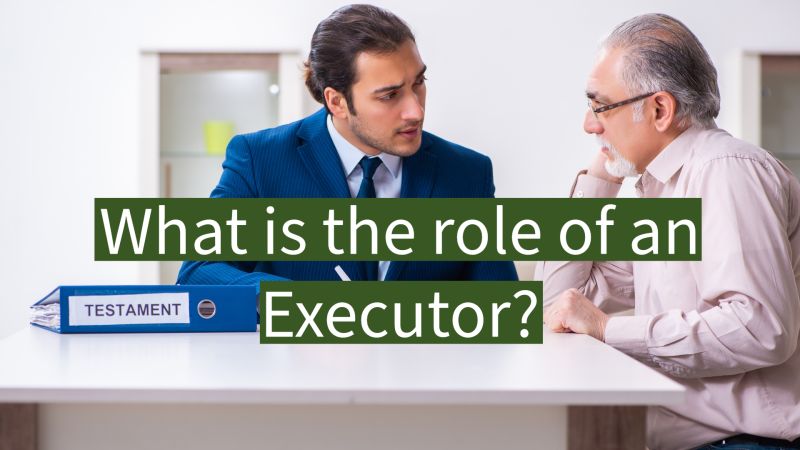So, you’ve been entrusted as an executor of an estate. It’s an honor, but it’s also a significant responsibility that entails more than meets the eye. Let’s delve into what this role truly involves.

An executor serves as the representative of a deceased person’s estate, entrusted with the crucial task of overseeing its final administration. But what does this encompass? It’s an array of responsibilities, each playing a pivotal role in the estate’s closure.
From securing a copy of the will to navigating the probate court, an executor’s duties span a wide spectrum. Communication becomes key, involving regular interactions with beneficiaries, creditors, and professionals integral to managing the estate’s affairs.
However, there’s no set timetable for an executor’s obligations. It’s a commitment that demands thorough attention and planning, potentially extending beyond a year or even more.
Understanding the gravity of this role is essential. It’s not just about paperwork; it’s about honoring the wishes of the deceased, ensuring fair distribution, and adhering to legal requirements. It’s a multifaceted task that requires patience, organization, and a thorough understanding of the legal framework where the deceased resided.
Whether you’ve just stepped into this role or are contemplating what it entails, preparation is key. Acknowledge the commitment involved, anticipate the workload, and seek guidance when needed.
For those new to this responsibility, take a moment to absorb the scope of the role and its importance. It’s a journey that requires diligence and a deep sense of responsibility.
See all of our estates posts
Whether you're starting an estate plan or have had one for years, have us review it to make sure that your wishes are protected. Call (833) 256-6644 or use our form to
schedule a consultation.
HUNSINGER LAW GROUPHelping secure your legacy and peace of mind
